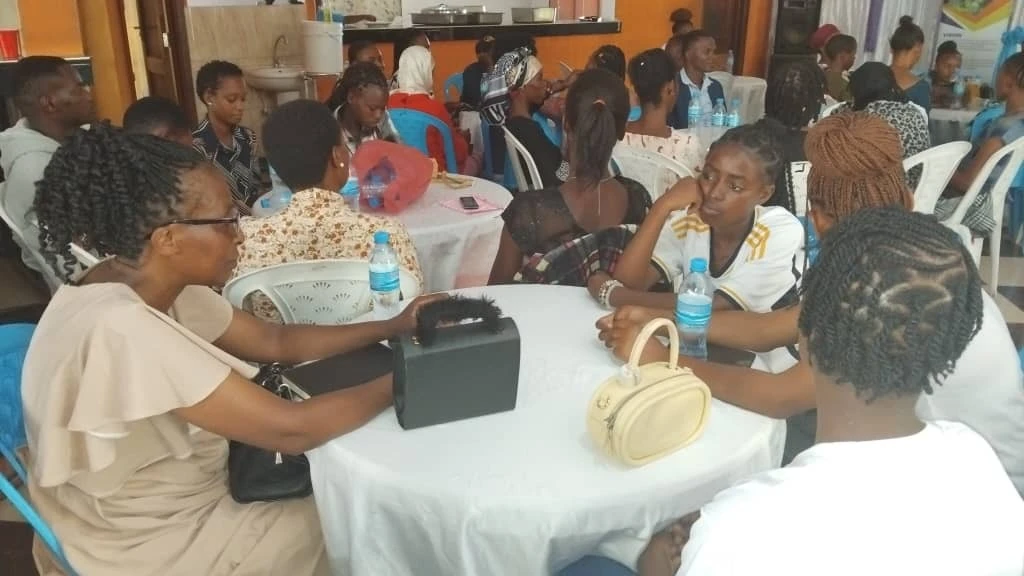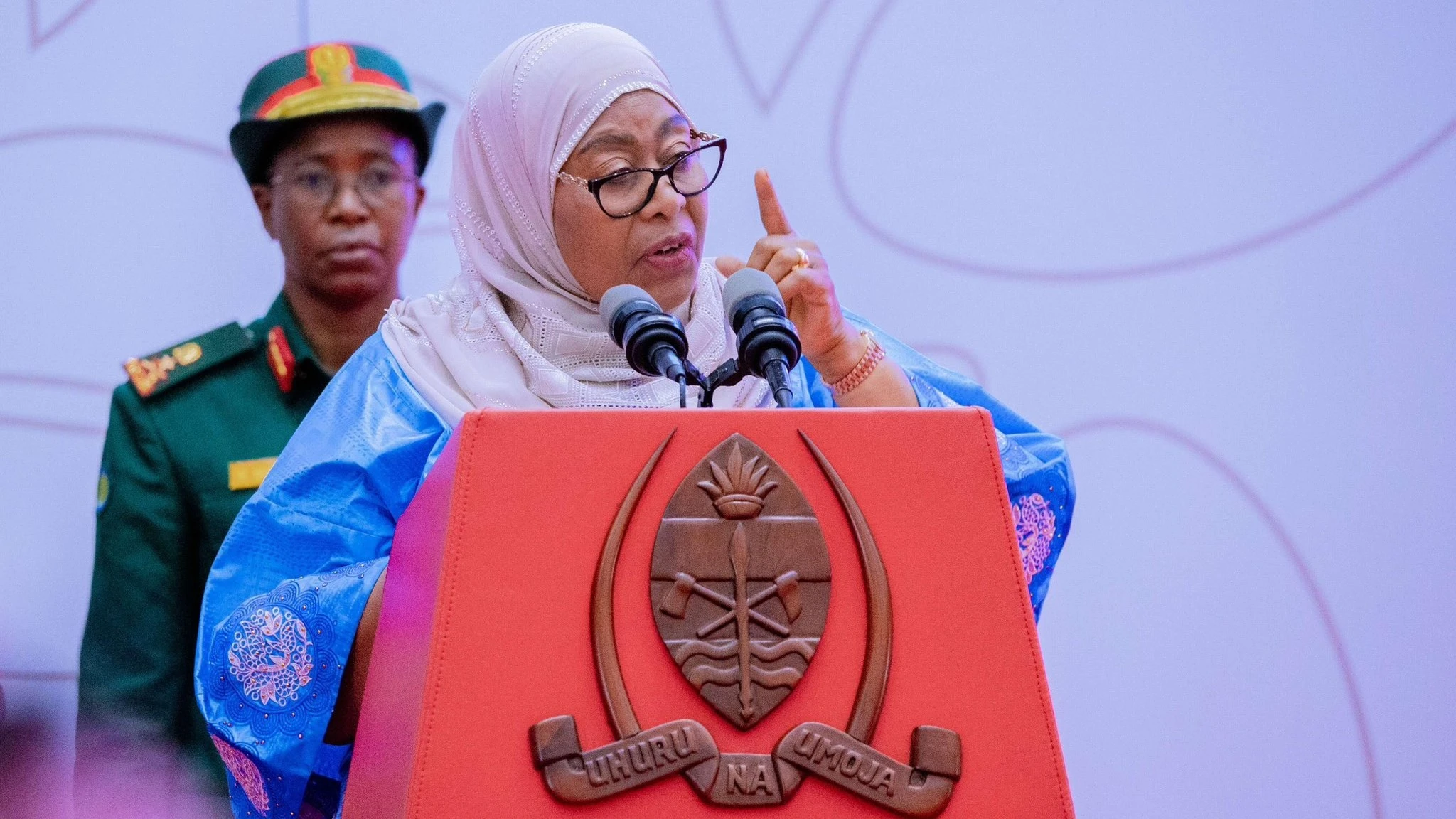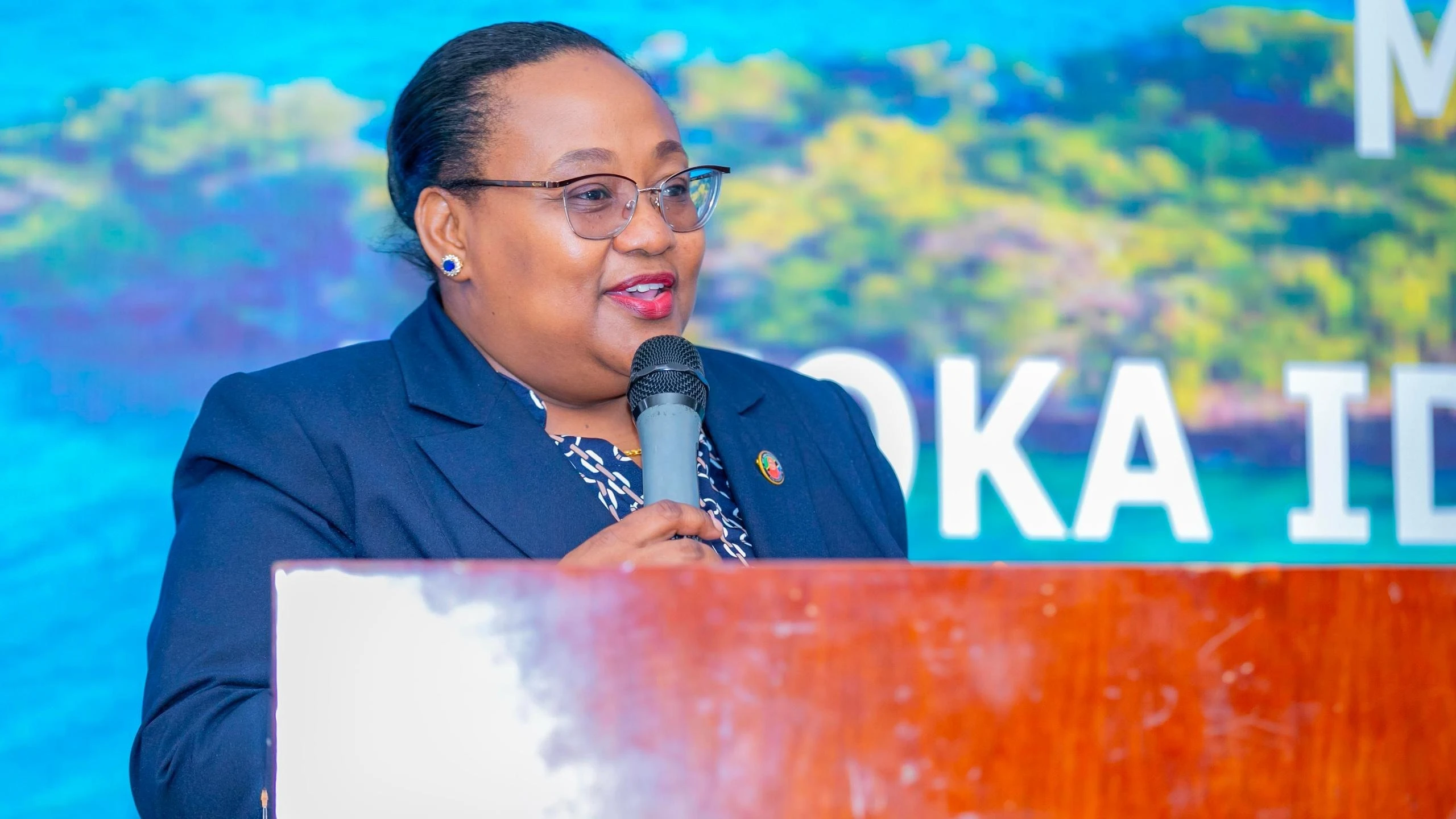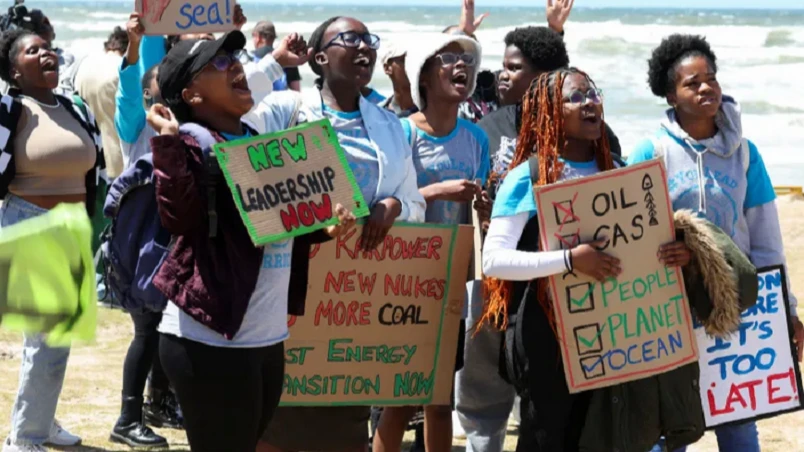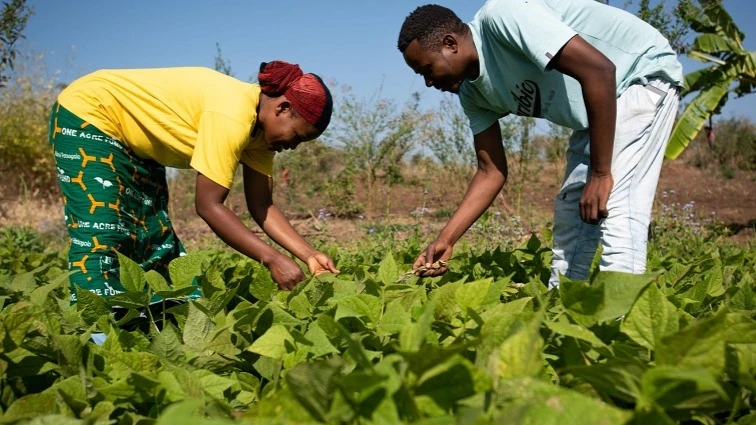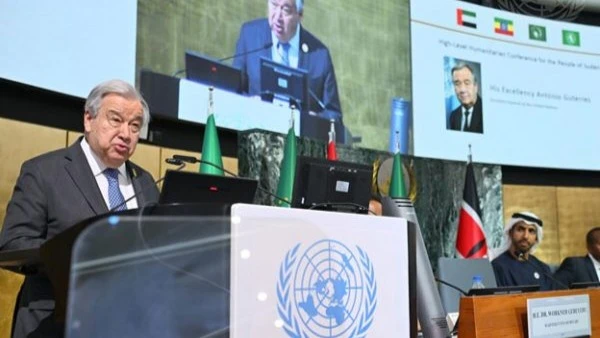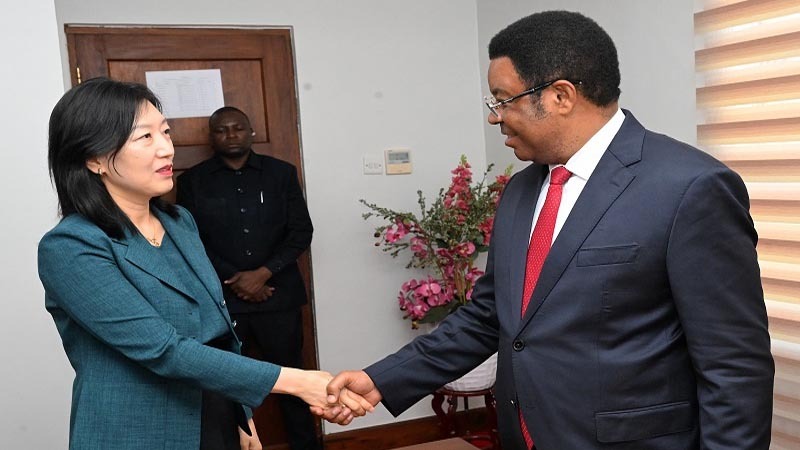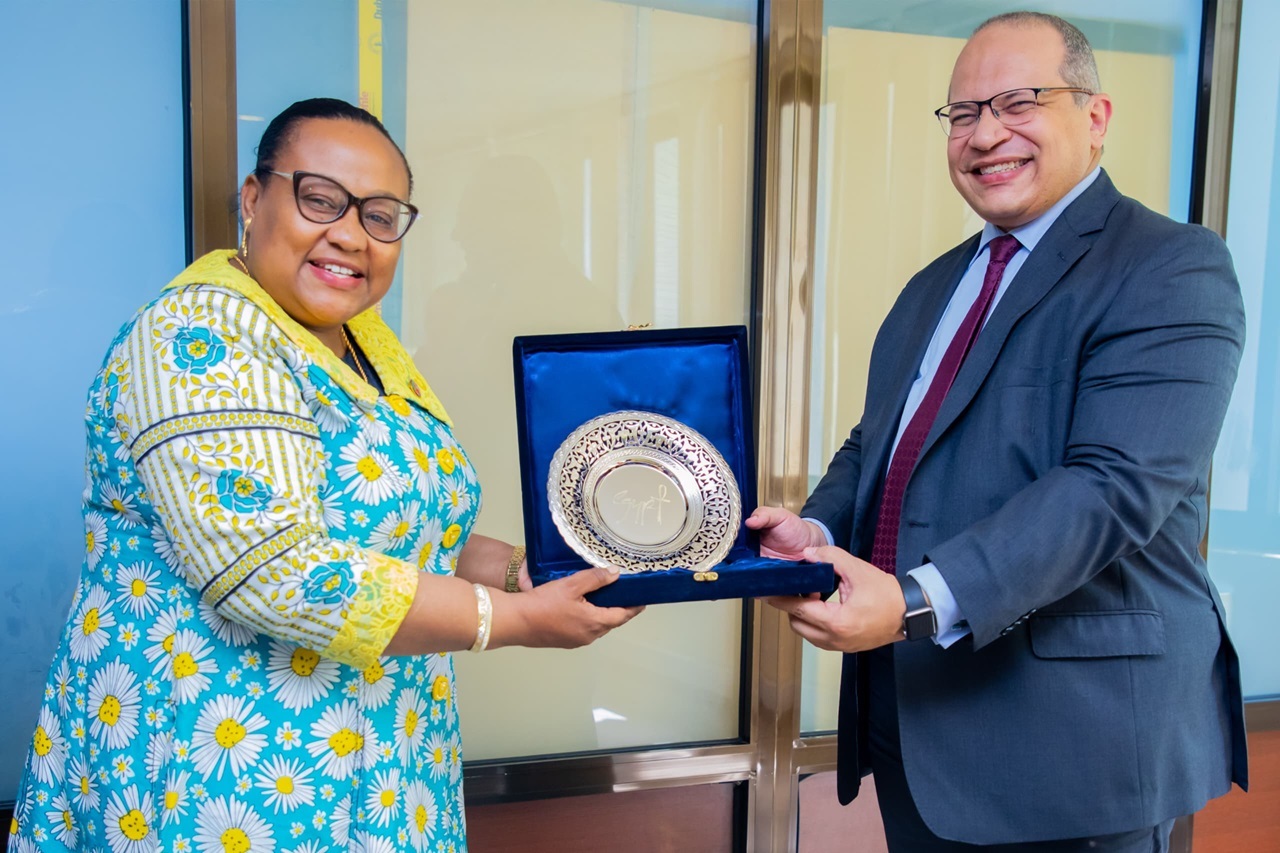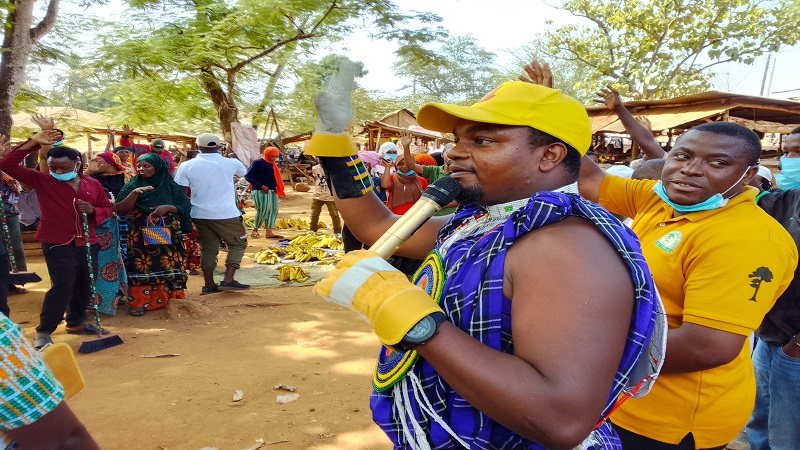Africa faces critical shortage of public health workers, says CDC
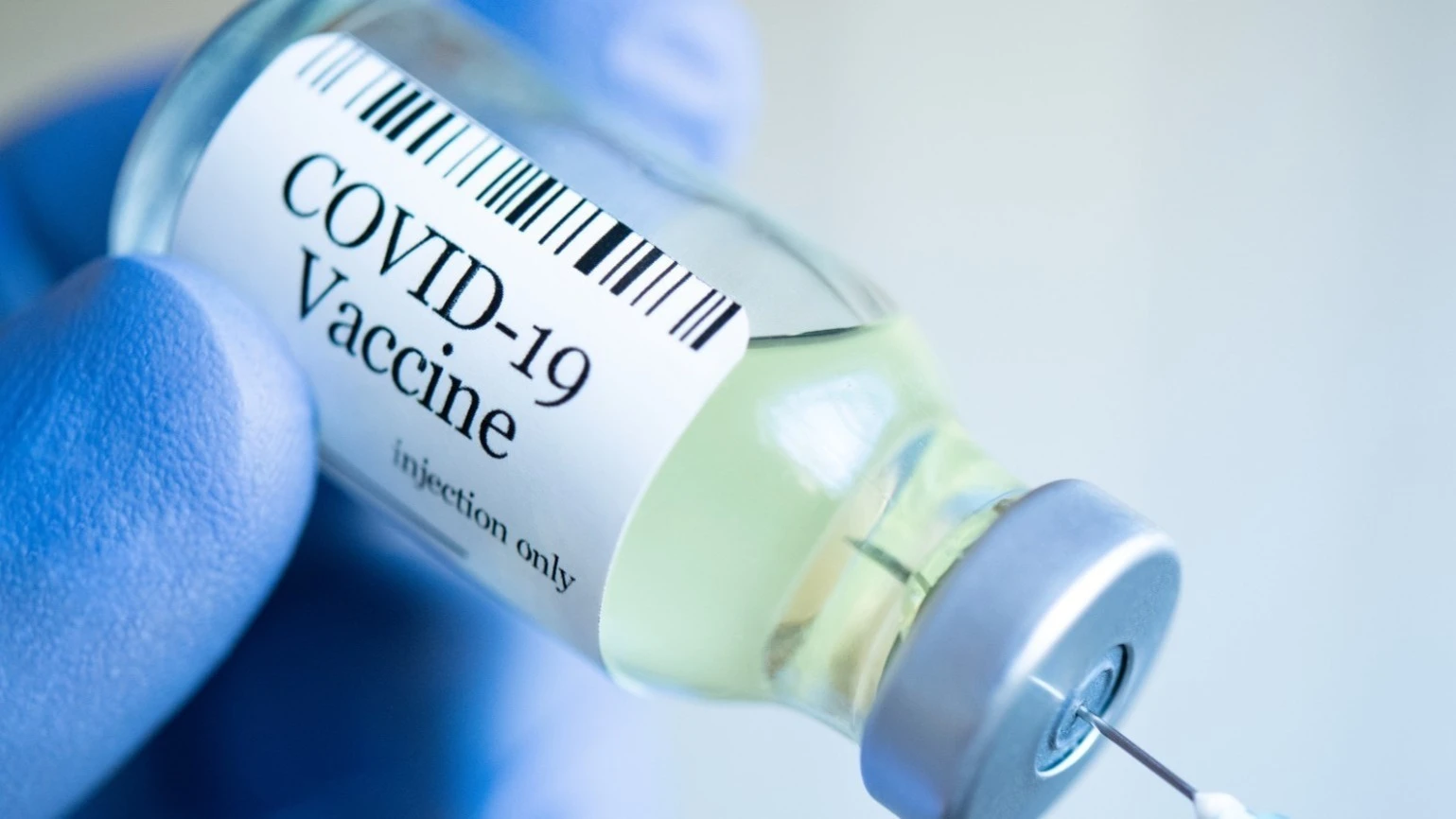
AFRICA faces “critical shortage” of public health workers, according to the African Centres for Disease Control and Prevention (Africa CDC).
In response to the gaps revealed by the Covid-19 pandemic, there has been a call across the continent for substantial expansion and reinforcement of Africa’s pool of researchers and practitioners.
In celebration of its 10th anniversary this year, the Africa Research, Implementation Science, and Education (ARISE) Network, which includes the Africa Academy for Public Health (AAPH) and universities in ten African countries—Botswana, Burkina Faso, Ethiopia, Ghana, Nigeria, Rwanda, Senegal, South Africa, Tanzania, and Uganda—has committed to addressing this issue.
Researchers from Harvard Chan School, in collaboration with ARISE, have conducted an assessment of public health doctoral training in Africa, identifying key areas for development as the initial step towards establishing a new doctoral programme.
The assessment, published in May in Lancet Public Health, offers six recommendations for improvement. These recommendations can be realised through equitable partnerships between universities, research centres, and national, regional, and global public health institutions.
Building on these findings, ARISE is working to develop new doctoral education opportunities at its partner universities. Each institution will likely oversee its own degree programme, but mechanisms will be put in place to facilitate the sharing of expertise across the network. This initiative aims to strengthen connections between universities and national research and public health institutes, enhancing the existing workforce and addressing major health challenges in Africa.
Since its inception, ARISE has been involved in training programmes, with more than 350 African scientists participating. Notably, the network has run a programme called WASHA Takwimu (Kiswahili for “ignite data”), which focuses on data science research. ARISE has also collaborated on research training programmes in nutrition, infectious diseases, and HIV implementation science.
Wafaie Fawzi, who leads ARISE at the School and is the Richard Saltonstall Professor of Population Sciences and professor of nutrition, epidemiology, and global health, emphasised the significance of this new doctoral training programme. “We have a crucial opportunity to address Africa’s public health worker shortage through collaborative efforts like this new programme. By expanding education and building expertise across our network, we can empower the next generation of African researchers and practitioners to tackle health challenges in innovative ways,” he said.
Adolescent health is one of the proposed focus areas for the doctoral training programme. With Africa having the world’s youngest and fastest-growing population—its median age is just 19—addressing the health needs of adolescents is an urgent priority.
Over the past decade, ARISE has advanced adolescent health research and implementation science projects with support from ministries of health and education in its network’s countries. This summer, ARISE held the first Conference on Adolescent Health in sub-Saharan Africa in Addis Ababa, Ethiopia. Concurrently, the network launched a new think tank focused on translating adolescent health research into actionable policies and established a youth advisory group to provide input on research and training efforts.
Mary Mwanyika-Sando, MPH ’13, chief executive officer of AAPH and co-convenor of ARISE, expressed optimism about the future. “Our work on adolescent health aims to give young people a stronger voice and role in shaping the policies that affect them. With a commitment to building capacity on the ground and learning from one another, I am hopeful that we can strengthen health systems and improve lives for many years to come,” she said.
Top Headlines
© 2025 IPPMEDIA.COM. ALL RIGHTS RESERVED










